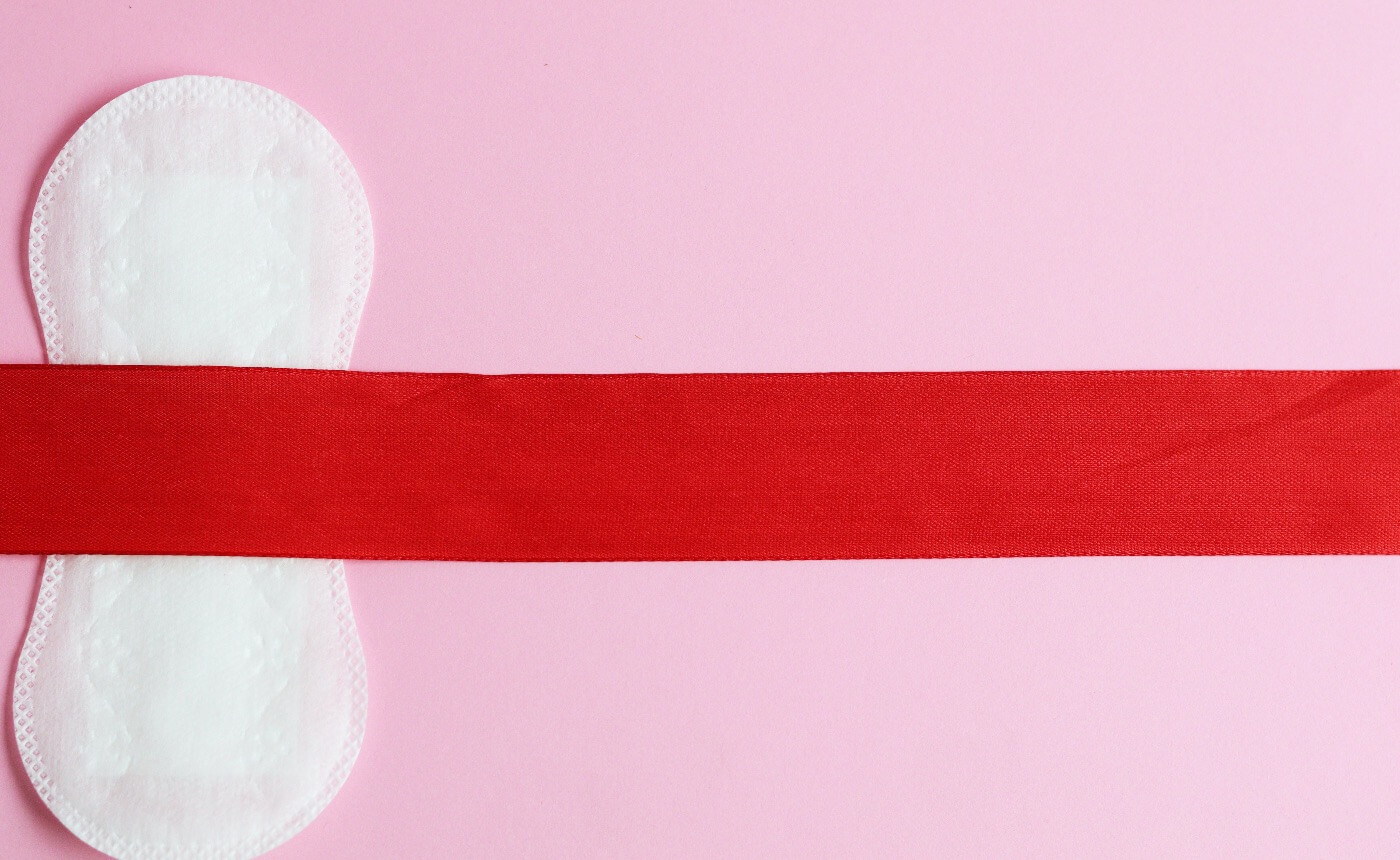Being a person with a vagina is most definitely more wonderful than it is weird. But it can be very weird. I’m talking about taking a hot water bottle with you to work because you cannot possibly be without it, wanting to eat everything in sight for 5 days a month and trying to work out whether you’re just feeling anxious today or whether mother nature is on its way.
Even if you have a regular cycle and can confidently say you’re feeling this way because your period is knocking at the door, it’s hard to get out of your head and back to reality sometimes.
Everyone knows about the tummy cramps and back pains that come with your period, but the mental symptoms are swept under the carpet all too often. In reality, 90% of people with vaginas experience at least one symptom before their monthly cycle, ranging from a minor discomfort to premenstrual dysphoric disorder (PMDD), a severe extension of PMS which can cause extreme irritability or anger, anxiety and feelings of hopelessness. This condition can disrupt your daily life, so it’s important to talk to a doctor if you are experiencing any extreme symptoms.
To find out more about how exactly your menstrual cycle impacts your mental health, we spoke to health practitioner Tammy Richards at PureOptical. “Premenstrual Syndrome, otherwise known as PMS, is an array of physical and emotional symptoms that traditionally begin a week or so before your period begins” she tells us. As well as physical symptoms including bloating, cramps and changes in the skin including oiliness and breakouts (oh good, another spot), Richards rightly noted that “the emotional symptoms of PMS can be debilitating as some sufferers describe depression, heightened anxiety, an inability to concentrate or even anger.”
So, when exactly can we expect these symptoms to start? Throughout your menstrual cycle, levels of particular hormones rise and fall, which can impact your mental wellbeing. “The second half of the menstrual cycle is often the culprit for PMS” says Richards. “As the body releases an egg, the estrogen and progesterone levels fall. This shift in hormones leads to a disruption in emotional wellbeing and disturbs serotonin levels. It is common that these changes impact the quality of sleep obtained, which can also cause emotional distress.” These feelings may be heightened if you suffer from irregular periods, as studies have shown that people with vaginas with anxiety disorders are more likely to have a shorter menstrual cycle (shorter than 24 days.)
In other words, there is a lot that happens to your body each 28-day period, so there’s no wonder your menstrual cycle can have such a drastic impact on your mental health. That’s why Richards stresses the importances of having some “go to” practices under your belt for when you begin to feel low, including breathing exercises, yoga, meditation and journaling to help settle the brain and boost serotonin levels. I swear by Boho Beautiful’s ‘yoga for PMS’ video on youtube and complete it most months, as it helps to both calm my mind and ease the physical symptoms of PMS.
Another tip Richards suggests is to keep a mood and food diary. “This will aid in not only helping to track the impact your period has on your mental health but also serve as an opportunity to monitor your sugar intake. When a period occurs, the body craves sugar which can also impact mood.”
There are other steps you can take to protect your mental health throughout your menstrual cycle, in particular getting enough sleep, exercising if you feel physically able to do so and trying to eat a balanced diet (when all you really want to eat is cake). However, particularly on the first couple of days, don’t feel guilty for having a bed day with your hot water bottle. Everyone has different experiences and symptoms of PMS, so try your best to tune in to what works for you. I’ll finish with one of my favourite period-related quotes: anything you can do, I can do bleeding. That’s your superpower.

